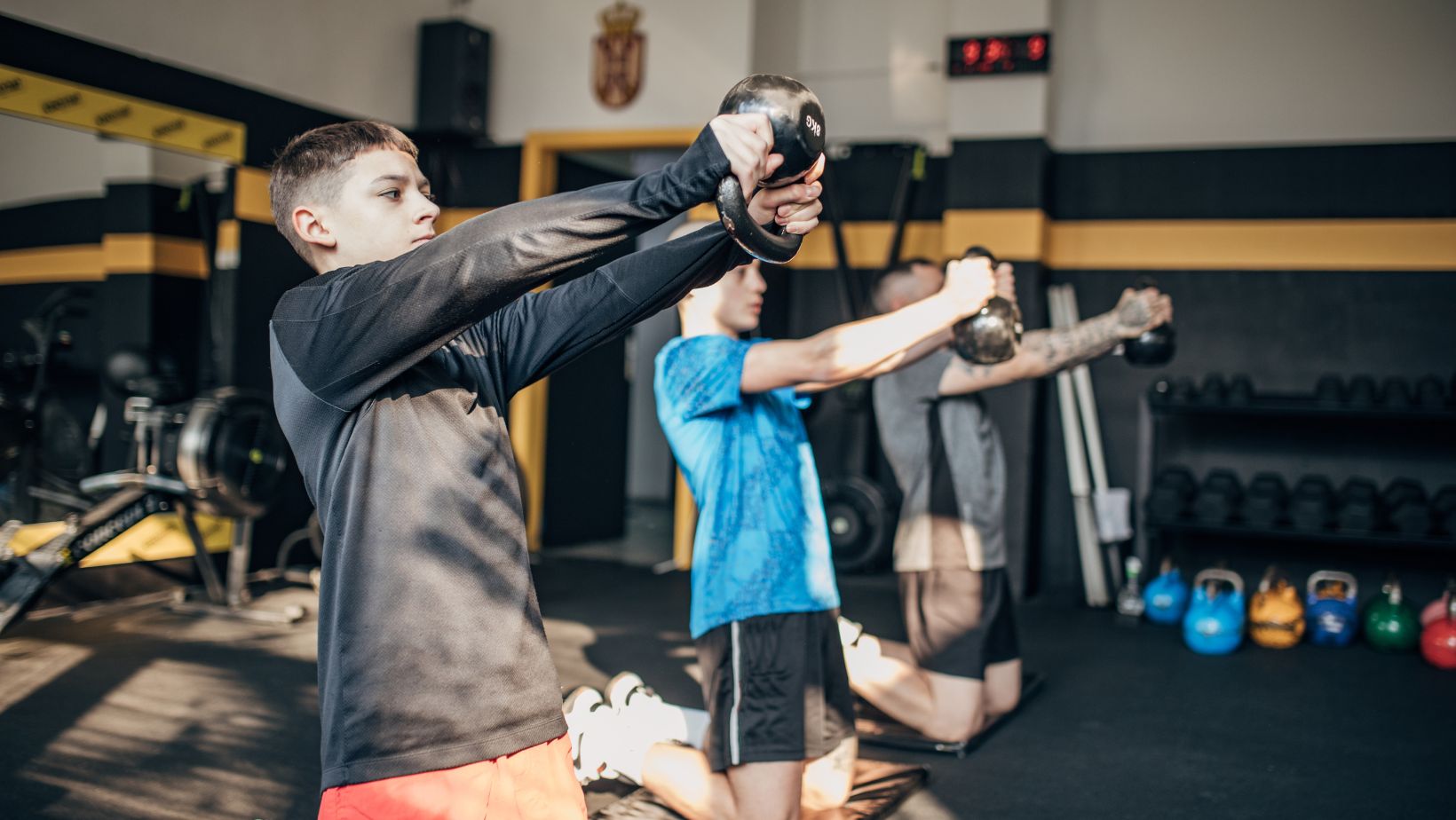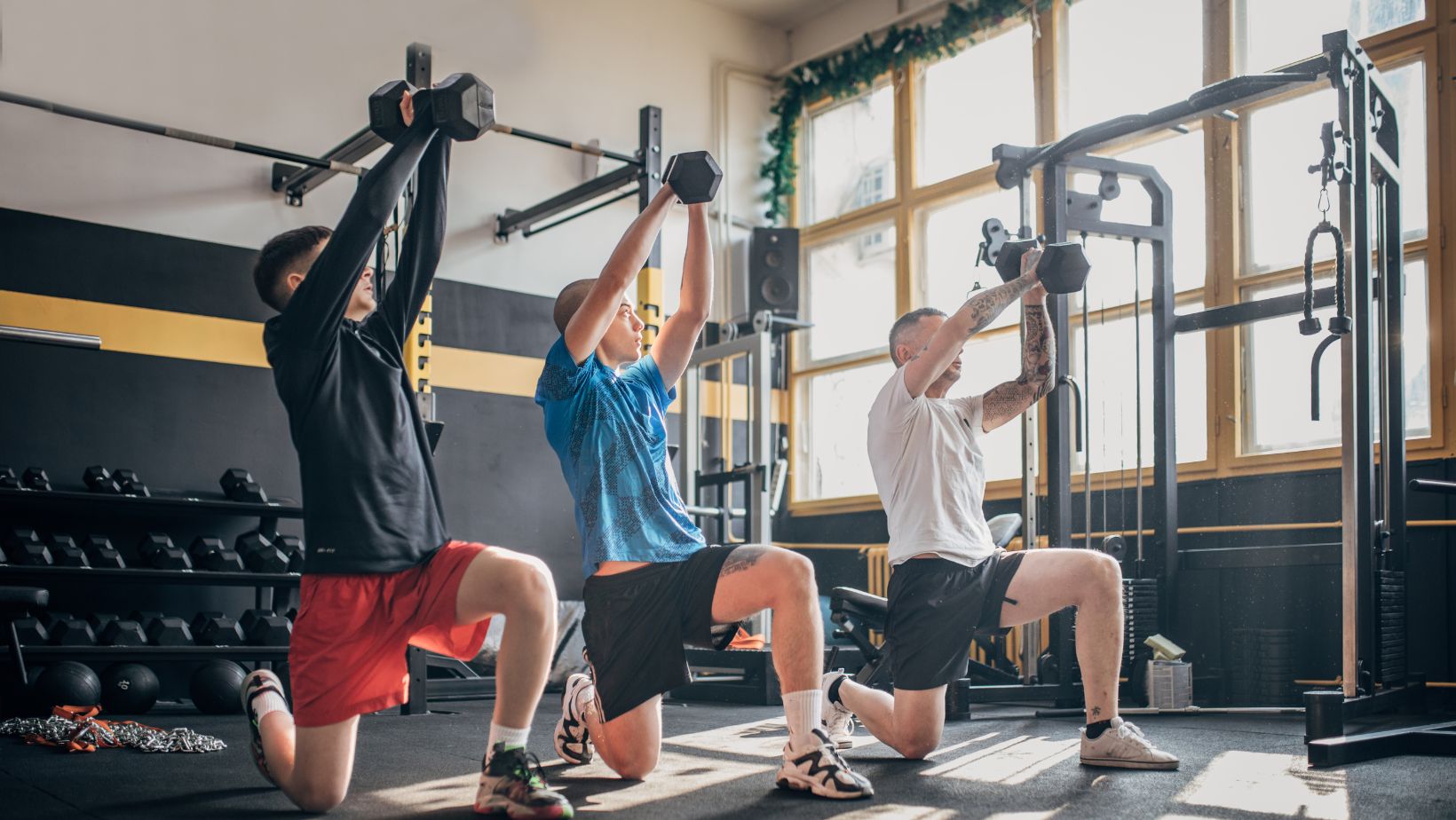What would it feel like if the stadium roared as an athlete you’ve trained breaks a record, their success a testament to your hard work and dedication? That’s the life of a strength and conditioning coach, a role that goes beyond just planning workouts.
Being a strength and conditioning coach involves molding champions and changing lives. What does it take to climb to the pinnacle of this exciting career? Let’s dive in and discover how you can transform your passion for sports into a successful coaching journey.
Understanding the Role
The role of a strength and conditioning coach is exhilarating and multifaceted. For the athletes you train, you’re a mentor, a strategist, and sometimes a confidant. Your days are spent crafting training programs that enhance athletic performance, focusing on strength, stamina, and injury prevention.
If you think this job is all about lifting weights, think again. It’s about understanding the science of human performance. You work closely with athletes, assessing their physical condition and tailoring training regimes that push their limits yet keep them healthy and motivated.
In this career, every athlete’s success story starts with your plan and your ability to adapt it to their unique needs.
Education and Certification
To get your foot in the door, you need a strong educational foundation. A degree in Exercise Science or a related field is often essential. The real game-changer involves becoming a Certified Strength and Conditioning Specialist (CSCS).
This certification shows that you’re serious and knowledgeable. Although it’s integral to your success, don’t worry if you’re still studying. Preparing for the certification, perhaps with a practice test CSCS, is a journey in itself. It challenges you to master the intricacies of athletic performance and shows prospective employers that you mean business.
Gaining Experience
There’s no substitute for real-world experience in this field. Start by soaking up every learning opportunity, whether it’s an internship with a sports team, a volunteer position, or an entry-level job at a gym.

Each of these experiences is like adding a tool to your coaching toolbox. You’ll learn the nuances of athlete management, the hustle of game-day preparations, and the art of motivating different personalities.
Every big name in coaching started somewhere small, so embrace every opportunity to learn and grow. These experiences are the stepping stones to your dream career.
Developing Key Skills
Being a successful strength and conditioning coach is more than just knowing your squats and deadlifts. To master this profession, you’ll need to hone a set of diverse skills.
Top-notch communication is key. You need to convey complex ideas in simple terms. Leadership is also absolutely essential. You’re the one setting the tone of each session.
Also, be adaptable and remember that no two athletes are the same, and neither are their training needs. Don’t forget about staying abreast of the latest industry trends and research. The world of sports science is always evolving, and so should you.
Building Your Network
The strength and conditioning world thrives on connections. Start building your network early. Attend conferences, join professional associations, and don’t shy away from social media platforms.
Forming genuine relationships is the basis of networking. You never know: The coach you chat with at a seminar might just recommend you for your dream job. When you’re part of a community, you’re always in the loop about the latest in sports science and job opportunities.
Embracing Technology in Training
In today’s digital age, embracing technology is crucial for a modern strength and conditioning coach. From fitness tracking apps to advanced software for analyzing athletic performance, technology offers a wealth of tools.
Staying Inspired and Motivated
In the demanding world of strength and conditioning coaching, you need to work to stay inspired and motivated. This journey is as much about self-growth as it is about training athletes. Regularly setting personal goals, seeking new learning opportunities, and attending workshops can fuel your passion for coaching.
Celebrate your successes, both big and small, and learn from the challenges. Talking with peers and finding a mentor can provide invaluable support and inspiration.

Most importantly, remind yourself of the impact you have on athletes’ lives — the transformations you guide and the goals you help achieve. This purpose-driven approach keeps the flame of motivation burning bright in a coach’s career.
Coaching for Victory: The Dynamic Path to Becoming a Leader In Strength and Conditioning
Embarking on the journey to become a strength and conditioning coach is both challenging and rewarding. It’s a path paved with continuous learning, hands-on experience, and building lasting relationships in the sports community.
Keep in mind that every champion once had a coach who believed in them, and that coach could be you. Dive in and set the stage for a thrilling career that turns athletic dreams into reality.


